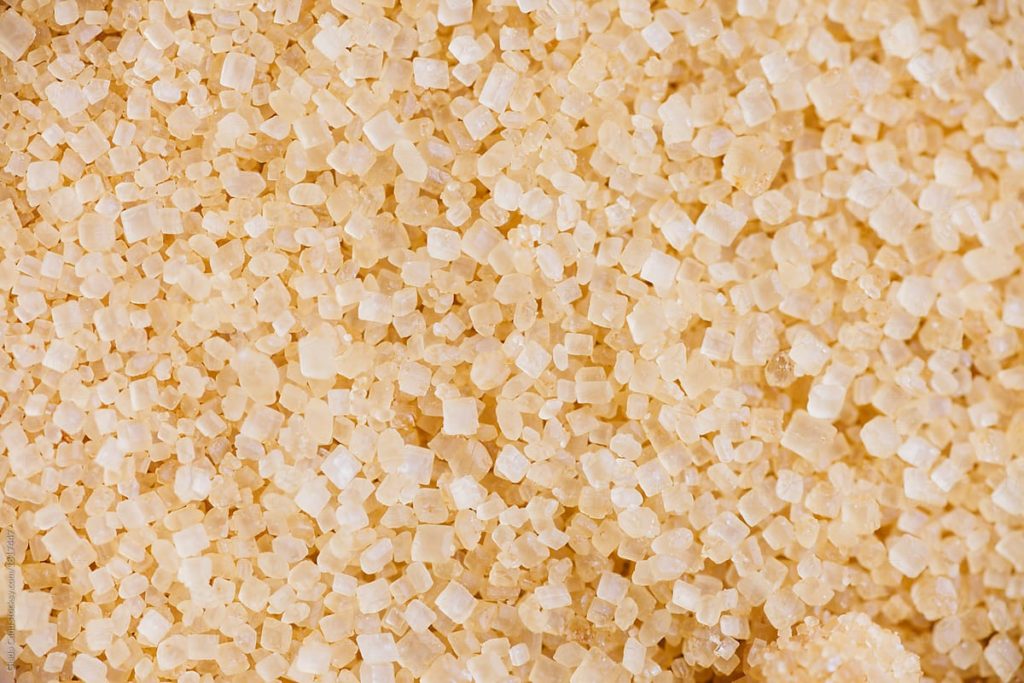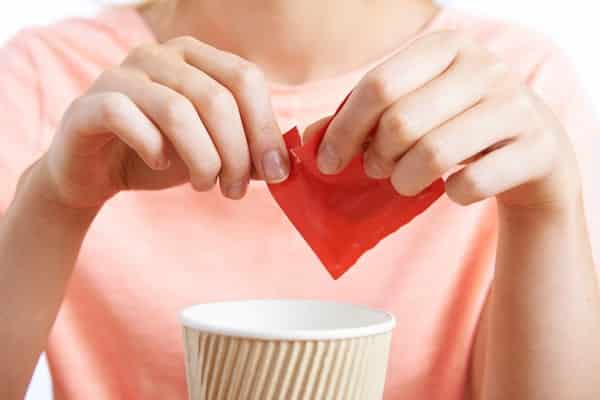Sweet.
One of the 5 flavors that our body recognizes from tastes, smells, and even sights. The amount of “sweet” that is present in everyday foods is immense. From high-fructose corn syrup (HFCS) to artificial sweeteners, our taste buds are often overwhelmed and addicted to sweets.
Can something so sweet be so bad?
The hard truth is: YES.
High Fructose Corn Syrup (HFCS)
HFCS is a common sweetener found in sodas, candies, juice, and pre-packaged foods. In other words, it is found in virtually in almost all processed foods. Take a few minutes to look at the ingredient labels in your cabinets and fridge.
What does it do to your body?
HFCS has been known to impact the body’s functions which prevent it from healing and repairing. Slowing the healing process is the last thing you want to do if you’re diagnosed with HPV.
HFCS vs. Fructose
Isn’t fructose found in fruits and vegetables too? Does that mean we should avoid sweet fruits and vegetables?
Although fructose is a naturally occurring sugar found in fruits and vegetables, it is the refined forms of fructose that are used primarily as a food additive. In fact, the highest source of fructose and HFCS in the North American diet comes from sodas and other sugary drinks.
Do refined sugars have more calories than sugar from fruit?
In terms of calories and chemical structure, sugars are very similar to one another. However, the body appears to metabolize fructose very differently than the rest. In animal models, high fructose diets cause the development of obesity, insulin resistance, Type 2 Diabetes, and dyslipidemia.
Here is the key takeaway:
Much controversy and debate still surround the effects of high fructose intake in humans. Given the data available, it is best to avoid all refined sugar, particularly HFCS, for various reasons. Excess sugar intake, in any form, has undeniable health implications and is associated with increased body weight, diabetes, and other metabolic and cardiovascular disorders. Fructose intake is associated with an increased risk of pancreatic and small intestinal cancers, and possibly others.
…But High Fructose Corn Syrup is not the only culprit!

Sugar-Free Sweeteners and other Enemies
Most people are blissfully unaware that thousands of chemicals are intentionally added to food in the form of coloring, bleaching agents, buffers, stabilizers, preservatives, flavoring, and, you guessed it, sweeteners.
How bad can they be?
Sweeteners such as sucralose and maltodextrin have been shown to reduce the population of beneficial microflora in your intestines, or the “good” bacteria in your gut. Disruption of intestinal flora can lead to bloating, gas, constipation, diarrhea, malabsorption of food, and other digestive issues. A healthy gut is a cornerstone of optimal health, so anything that throws off the balance of healthy gut flora needs to be avoided.
What about Aspartame? It’s sugar-free!
Aspartame is 180 to 200 times sweeter than sugar and is added to everything sweet, from gum and diet soda to children’s snacks. The main concern with Aspartame is that approximately 10% of it is converted in the body to methanol after being consumed.
Methanol, Aspartame, and Cancer Risk
Methanol is a known poison when consumed in large amounts. Methanol is also a byproduct of Aspartame consumption in your body.
In the body, methanol is further broken down into formic acid, a neurotoxin, and formaldehyde, a carcinogen – these are the metabolites responsible for the optic nerve damage that leads to blindness seen in methanol poisoning.
Sweet Spots for Action
Although sweeteners are considered safe in small amounts, they are added to so many products that many people are unknowingly consuming them in large amounts. Furthermore, many of these additives, even in small amounts, can produce adverse effects in sensitive individuals.
It is important to emphasize that although reducing one’s intake of sugar is vital to good health, replacing it with sweeteners is not a solution. Focusing on fresh, whole foods adding flavor with herbs and seasonings is a great way to experiment to make a delicious dish.
The bottom line is: Avoiding excess sugar and sweeteners will help your body heal by decreasing inflammation and improving important markers of overall health, especially in HPV.
Looking for extra support on top of improving your diet and lifestyle? Check out Papillex’s ingredients for more information about our high quality ingredients.





